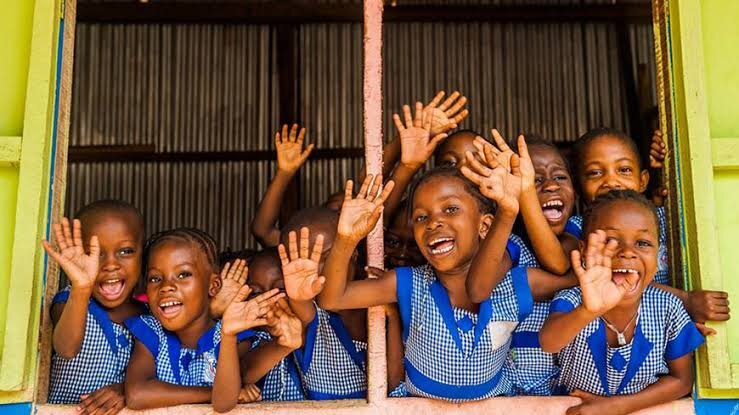EXPOSING THE SHADOWS: THE NEED FOR ACCOUNTABILITY IN NIGERIA’S ORPHANAGES

In a world that often feels increasingly heartless, the story of a female volunteer at an orphanage home echoes the sentiments of many who believe deeply in the goodness of humanity.
This courageous woman, overwhelmed by the appalling actions of her fellow co-volunteers, took a stand against a heinous practice: the theft of donations meant for vulnerable children.
In a place designed to nurture and protect orphans, some individuals choose to betray the very ideals of charity and compassion. This alarming scenario raises critical questions about the oversight and operational standards of orphanage homes and charity organizations in Nigeria.
Imagine the turmoil of children who have already faced unimaginable loss, now subjected to further injustice at the hands of those who profess to care for them. Donations—food, clothing, medical supplies, and educational materials—intended to restore some semblance of normalcy to these children’s lives, were being pilfered by those tasked with their care.
The very individuals who should embody the spirit of benevolence were instead engaging in acts of depravity. Not only did they steal material goods, but they also robbed the children of hope, dignity, and trust.
Such instances are not isolated; they are symptoms of a deeper problem within the charity sector. With thousands of orphanages and charitable organizations scattered across Nigeria, the need for stringent monitoring and regulation has never been more critical.
It is disheartening to witness how a few malicious individuals can tarnish the reputation of a noble cause. We must call upon the government, civil society, and stakeholders to prioritize greater transparency and accountability within orphanages and charitable organizations.
Recommendations for Improvement
- Establishing Regulatory Frameworks: The government should implement stringent regulations requiring comprehensive audits of orphanages and NGOs, ensuring they use funds and donations for their intended purpose.
- Regular Inspections: Regular inspections should be mandated, with surprise visits conducted by an independent regulatory body. This will not only keep orphanage management accountable but also serve as a deterrent against potential misconduct.
- Whistleblower Protection Laws: Volunteers and staff who expose wrongdoing must be protected. Encouraging a culture of transparency without fear of reprisal is crucial for meaningful change.
- Public Awareness and Community Involvement: Communities should be educated on how orphanages operate, encouraging local residents to become active participants in monitoring their local charity organizations.
- Digital Platforms for Transparency: The establishment of a digital registry to track donations and expenditures in real-time will help provide transparency, allowing donors to see how their contributions are being utilized.
As citizens, we all have a role to play in this narrative. The welfare of our most vulnerable populations should be a priority for everyone. It is our moral obligation to ensure that donations reach those who need them most—the orphaned and abandoned children—instead of lining the pockets of the unscrupulous. We need to change the narrative; we must refuse to remain silent in the face of such reprehensible behavior.
It is imperative that we act now to protect the sanctity of charity and the welfare of children in orphanages. We owe it to the children whose lives hang in the balance. Creating a system of integrity, accountability, and genuine care not only safeguards the future of these children but also rebuilds the very essence of what it means to care for one another in our society.
As we move forward, let compassion, transparency, and accountability guide our actions, ensuring that the promise of a brighter future for the vulnerable is honored and realized. The time for change is now, and it starts with each of us. Let us not turn a blind eye to the cries for help; instead, let us rally together to nurture hope and heal the injustices that plague our communities.




